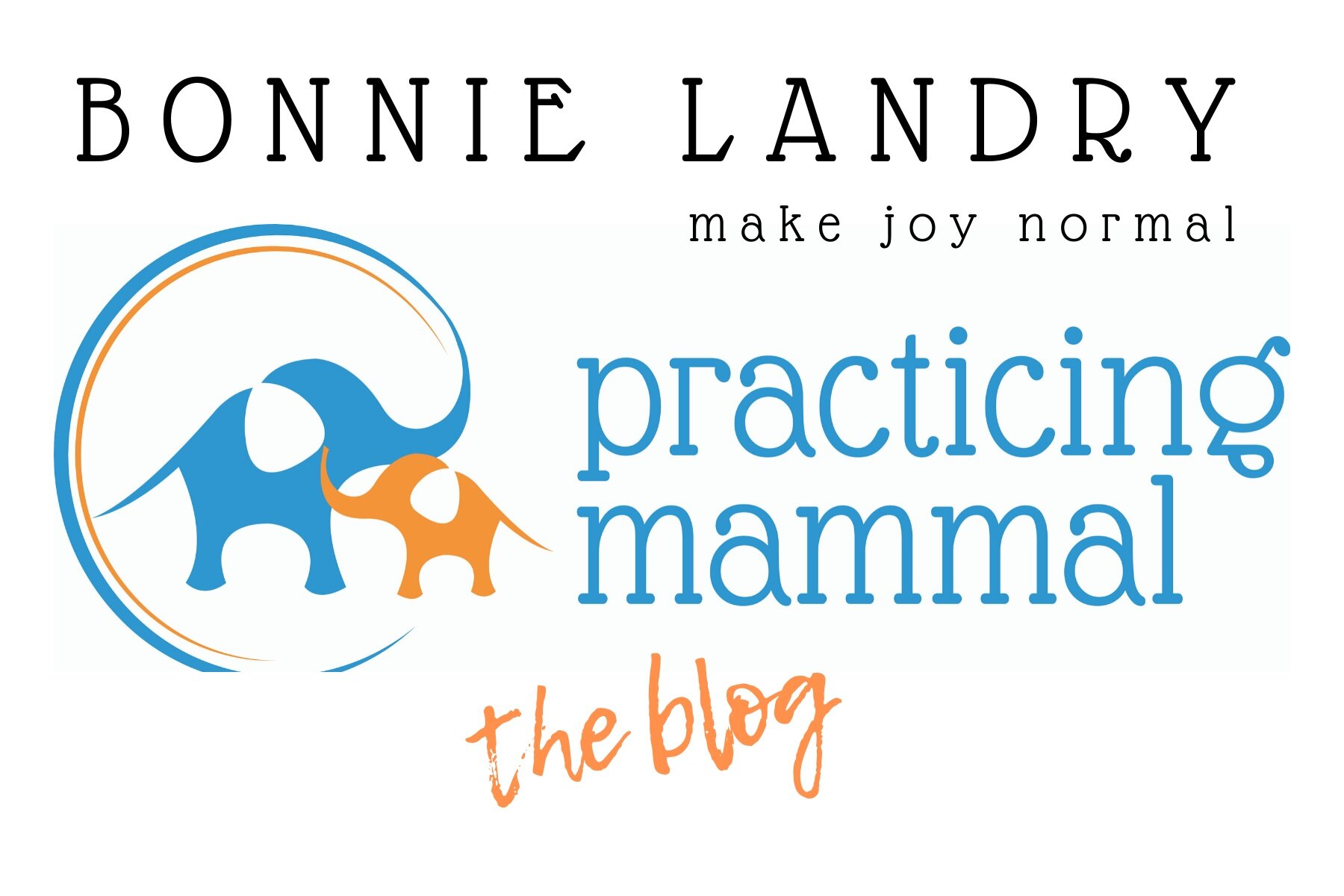unsolicited advice: mastery in dictation
So how do you know what to do next, if it is your first time through doing dictation with a child? Sometimes you don't. Sometimes you don't even know grammar or spelling rules yourself. It doesn't matter, actually. This is the time to have resources sitting right beside you. A simple dictionary. A simple book of grammar rules. Phonic rules, spelling rules.
Some resources that I've used over the years are two of the three little booklets Ruth Beechik's Three R's, Writing and Reading. I've also often used the arithmetic one, but not for dictation. That would be silly. We own the World Book two volume dictionary, which I adore. It is etymological, as well as has all of the phonics, spelling, punctuation, grammar rules in the front of the first volume. Only drawback is that is is a two volume really heavy and large dictionary.
There are lots of other resources that contain the basic rules of language, though. If you go to a bookstore and peruse their paperback dictionary selection, you are bound to find one that contains language rules at the beginning. World Book doesn't have the market cornered on that, but size is, to some small degree, an indication of how comprehensive a dictionary is. But to start out, you certainly don't need all of that information.
There are also several "cheat sheets" on the market, readily available and any school supplies store, such as Staples, teacher's stores usually have a couple of dozen to choose from. For the uninitiated, these are sturdy, laminated three-holed sheets that go into a binder. They are really awesome reference sheets on a variety of topics, various aspects of language arts, sciences, math, cooking...very cool. They are for the parent to use, to become familiar with the rules that they need to teach their children via dictation.
I generally keep a copy of Elements of Style by Strunk and White within reach because it rocks. It is a book that I force my children to read once or even twice sometimes while I am homeschooling them high school.
So. If you are sitting down to do dictation with your child because my last couple of Thursday Thingies have compelled you to do so, or for any other reason that has fostered conviction in your homeschooling soul, there are some things that are tantamount to success with dictation.
Have pencils, erasers and extra exercise books readily available and within your grasp and not within the grasp of any toddlers that should reside at your house and wreck all your stuff. Have a few resources around that you can do dictation exercises from, such as:
nursery rhymes books, such as Rosemary Wells or Mary Englebreit or Tomie de Paola or one of the very lovely old fashioned ones that you can only get at second hand stores or very lovely book stores on streets in town.
a bible or bible verses
Favorite Poems Old and New compiled by Helen Ferris
Holy Papers by Catholic Heritage Curricula (saints quotes and scripture verses arranged according to topic and liturgical season)
a novel that you are reading aloud, to make selections from
If you keep a world map or globe near your space, you can point out things like places mentioned in the dictation you are doing (except if it is from Narnia or Middle Earth) or where the author or poet is from.
Trick them into learning some geography that way, too.

